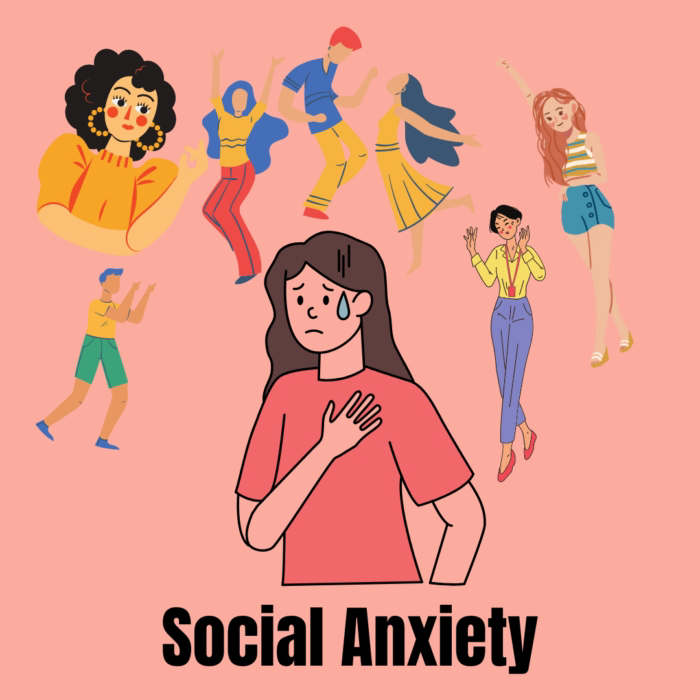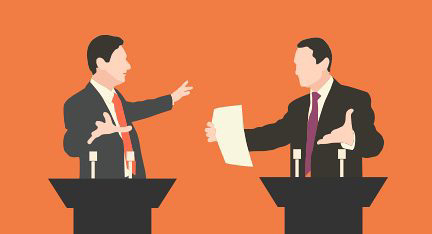Here’s why:
1. Kills Deep Focus:
Social media trains your brain to prefer short, fast, dopamine hits instead of deep, focused work — the kind that builds real skills or creativity.
2. Steals Time & Energy:
Even 30 minutes of scattered scrolling here and there adds up to hours daily — time that could have gone into learning, creating, or real connections.
3. Triggers Comparison & Self-Doubt:
Seeing “perfect” lives online subtly makes you question your own path, making you doubt your abilities or slow your ambition.
4. Weakens Patience & Grit:
Social media rewards "easy dopamine." Real growth (like building a business, learning a language, getting fit) demands patience, boredom, and effort — skills that wither when we scroll too much.
5. Reduces Original Thought:
Constant exposure to others’ opinions, trends, and thoughts can crowd out your own ideas and intuition — your true inner potential.
So yes — scrolling can gently "paralyze" your deeper potential without you noticing — like a leak in a tire.
But if you use social media with intention (for learning, connection, creativity), it can boost your potential too.
Great choice. Here’s a simple guide to make your social media use boost your potential — not drain it:
🌿 4 Ways to Make Social Media Serve You (Not the Other Way Around):
1. Set a Purpose Before You Open It.
👉 Ask:
"Why am I opening this app?"
"What do I want to learn / connect / check?"
If no clear reason — skip.
2. Curate Your Feed Ruthlessly.
👉 Follow only:
People who teach, inspire, or uplift you.
Accounts that match your goals (fitness, business, creativity, mental health).
👉 Mute/unfollow:
Negative drama, fake perfection, endless memes.
Your brain becomes what you feed it.
3. Set Time Windows for Scrolling.
👉 Example: "Only check IG/TikTok 15 mins after lunch."
👉 Never scroll right after waking or before bed — your subconscious is most open at those times.
👉 Use tools like:
App timers (Android/iPhone)
“One Sec” app (adds friction before opening social media)
4. Post, Don’t Just Consume.
👉 Create instead of only scrolling.
Post thoughts, ideas, projects, art — even small ones.
Sharing builds confidence, skill, and purpose.
🎯 Bonus: Weekly Social Detox
Take 1 day/week with zero social media.
It resets your brain’s dopamine, sharpens focus, and boosts motivation surprisingly fast.


